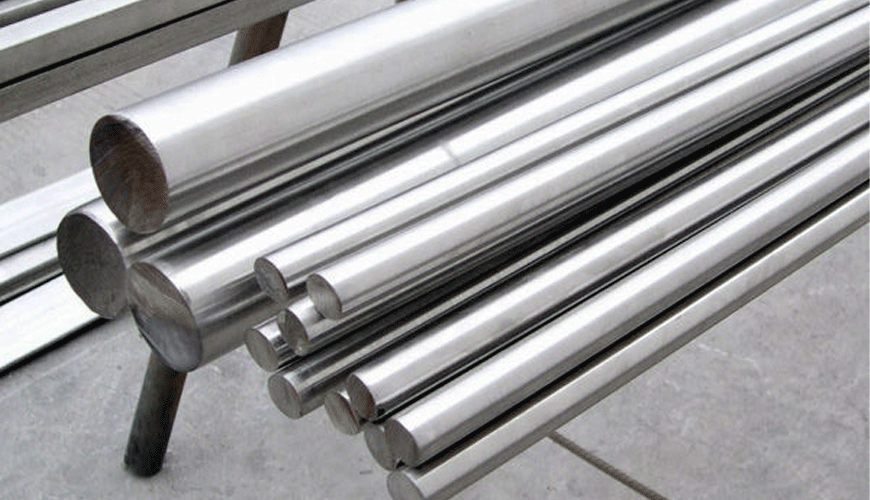

This part of ISO 3651 specifies methods for determining the resistance of ferritic, austenitic and ferritic-austenitic stainless steels to intergranular corrosion in environments containing sulfuric acid. It also specifies the purposes that can be assigned to the test.

Included test methods are:
Method A: 16% sulfuric acid and copper sulfate test;
Method B: 35% sulfuric acid and copper sulfate test;
Method C: 40% sulfuric acid and ferric sulfate test.
The methods are applicable to stainless steels supplied as cast, rolled or forged products and pipes and intended for use in a mildly oxidizing acid environment.
The term intergranular corrosion test refers to the corrosion test performed by preferential attack of grain boundaries. Ferritic, austenitic, and ferritic-austenitic stainless steels are susceptible to such attack when kept at a temperature between about 500°C and 1000°C. This heat cycle, which can sensitize to intergranular corrosion, can occur as a result of improper solution treatment or during hot forming during a welding process.
It is important to note that the result of the corrosion test is strictly valid only for the corrosive medium used in the test. It provides a basis for estimating resistance to intergranular corrosion, but cannot be used to check resistance to other forms of corrosion (general corrosion, pitting, stress corrosion, etc.). The user must adapt the specified corrosion test to the use to be made of the alloy. In no case should these tests be considered an absolute criterion of the quality of the metal.
EUROLAB assists manufacturers with ISO 3651-2 test compliance. Our test experts, with their professional working mission and principles, provide you, our manufacturers and suppliers, the best service and controlled testing process in our laboratories.
To get an appointment, to get more detailed information or to request an evaluation, you can ask us to fill in our form and reach you.